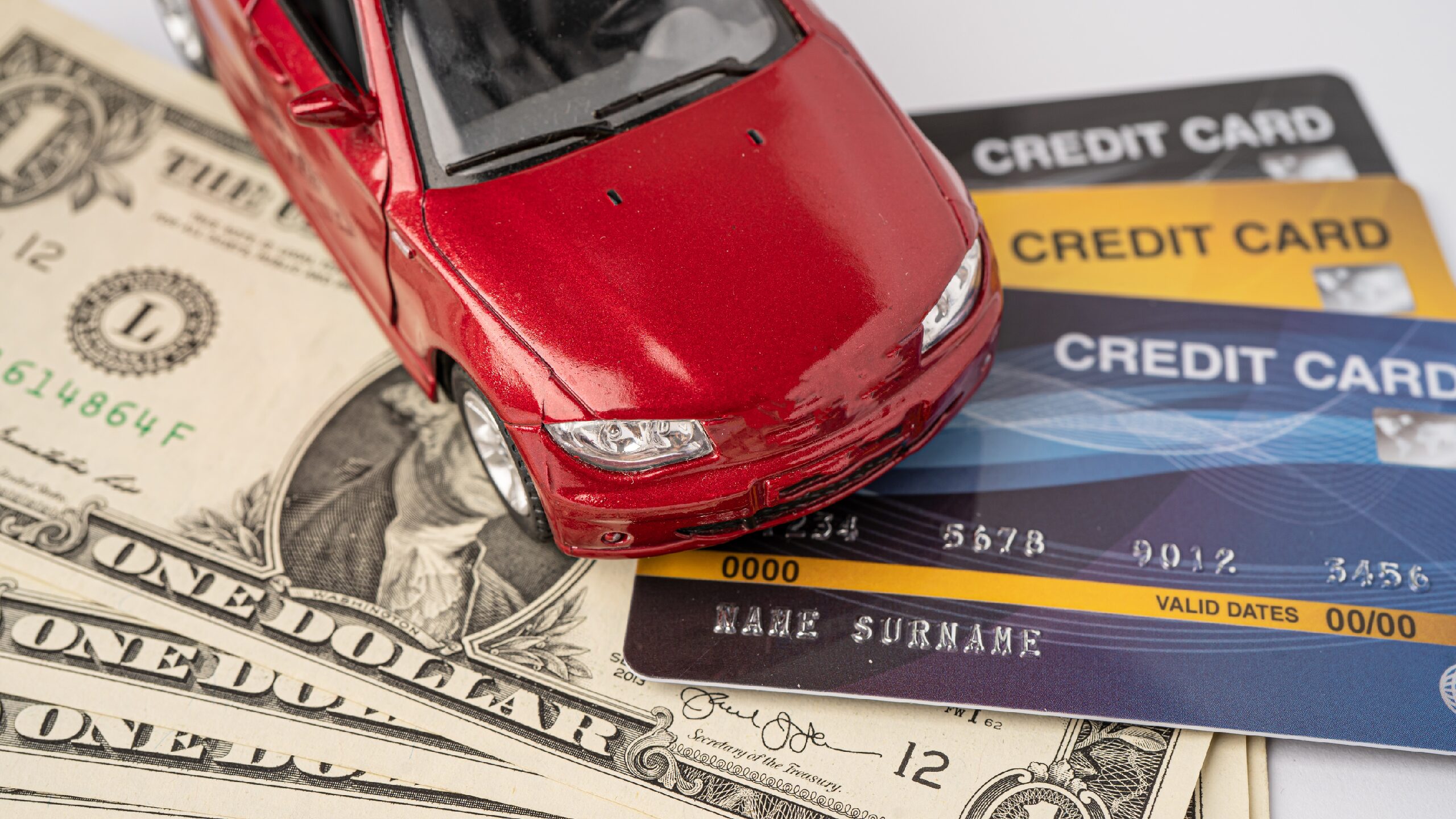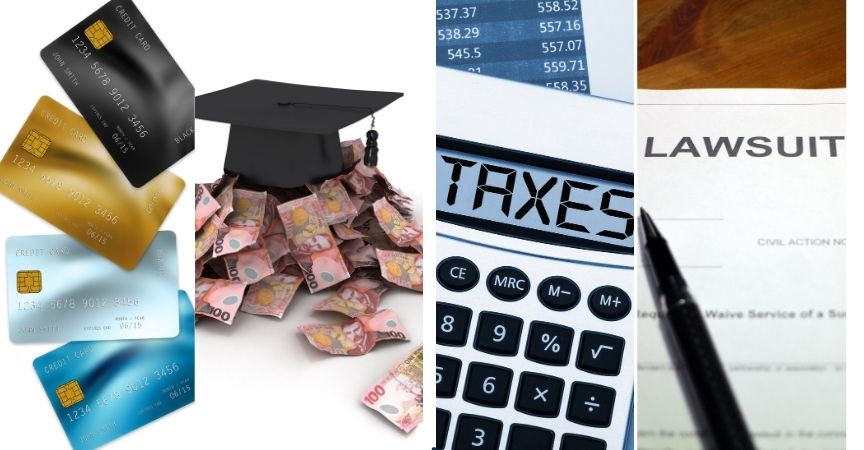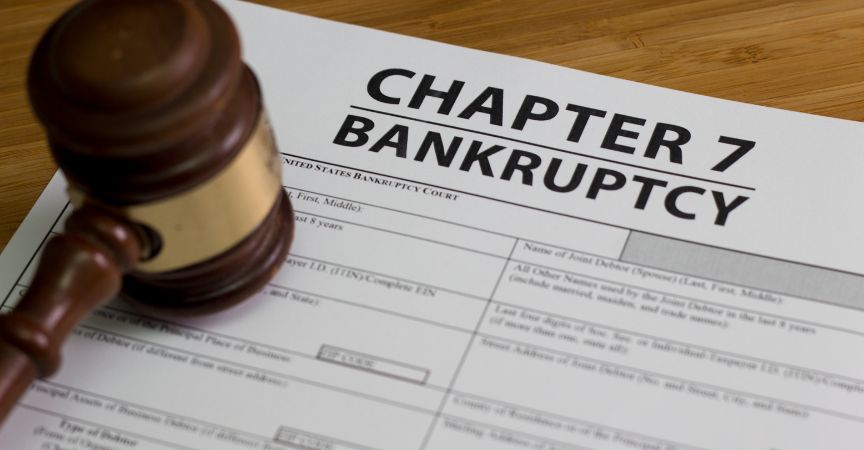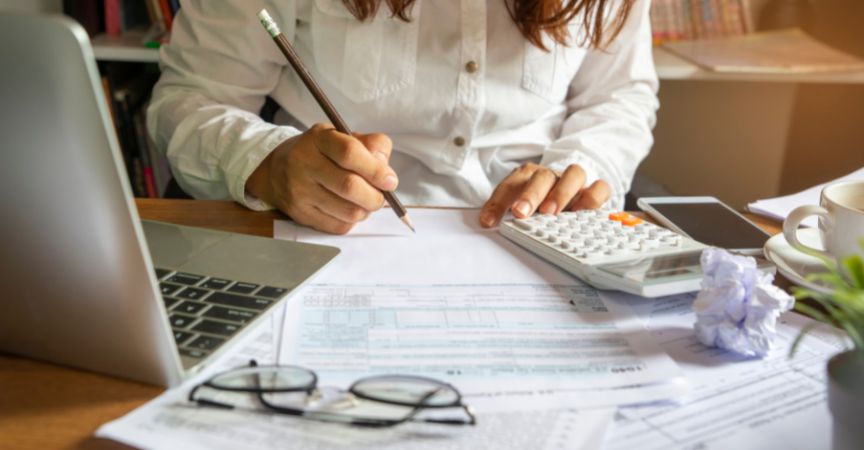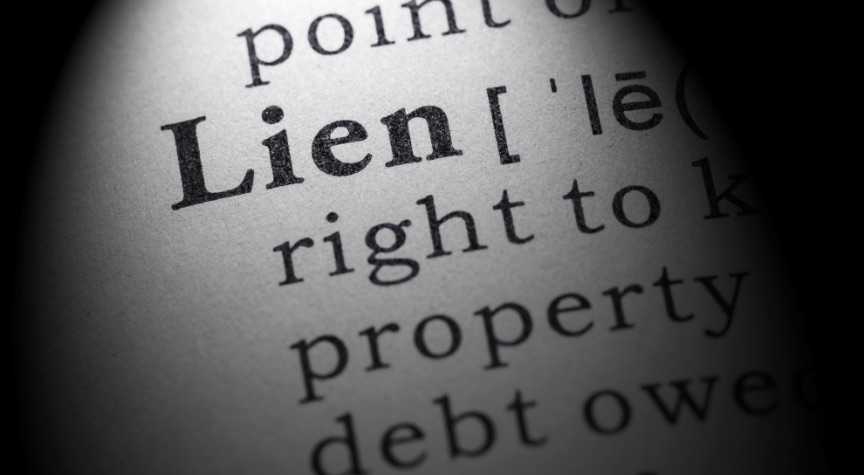Wondering what you might be asked in a 341 Meeting of the Creditors? This Chapter 7 meeting with trustees and creditors can loom large in the minds of some of my clients. Let me demystify what you’ll have to answer in this quick, painless meeting. Read more »
Bankruptcy Procedure
What Happens to Cars in Bankruptcy?
What happens to cars (and car notes) in bankruptcy? After all, almost everyone filing bankruptcy has a car and it is often one of the larger assets a debtor owns. The answer depends largely on how much equity the debtor has in the vehicle. Read more »
Are You A Consumer or A Non-Consumer Debtor?
When filing a Chapter 7 bankruptcy in California, it’s important to know if you’re a consumer or a non-consumer debtor. If you’re a consumer debtor, then you need to meet the Means Test, an income threshold you cannot go above and still qualify for a chapter 7. If you’re a non-consumer debtor, then you do not need to meet the Means Test; how much you earn may, but won’t necessarily, disqualify you from filing for Chapter 7. So what? Most everyone would prefer a chapter 7 to be free and clear of their debts without going through years of repayment first. Read more »
What Happens to California Homes with IRS Liens in Bankruptcy?
Many debtors in California file chapter 7 bankruptcy with a home that has an IRS tax lien on it. What happens in these cases? If the IRS has a federal tax lien on real property in California prior to a bankruptcy being filed, then that lien will survive bankruptcy. In other words, debtors cannot use bankruptcy to escape an existing federal tax lien on a California property, despite the fact that California bankruptcy law allows chapter 7 filers to take up to $678,000 in equity in a primary residence through bankruptcy. Read more »
How Long Does A Chapter 7 Bankruptcy Take in Thousand Oaks?
My clients often ask: how long does a Chapter 7 bankruptcy take? The short answer: it depends. It depends on how quickly the client organizes their information and documents; it depends on whether it makes sense to postpone filing to protect some assets that would be otherwise taken; and it depends on the Bankruptcy Trustee. I rarely have a bankruptcy take less than 4 months or longer than 8 months. The average is 5-6 months. Read more »
What Happens After A Chapter 7 Bankruptcy Is Filed?
You decided to declare personal bankruptcy. You’ve given the information about your debts, assets and finances to your bankruptcy attorney. S/he just filed your petition with the Bankruptcy Court. Now what? What happens after a Chapter 7 Bankruptcy is filed? Read more>>
Chapter 7 Bankruptcy Planning in Los Angeles County
When it’s time for bankruptcy planning, my clients in LA, Ventura and Santa Barbara counties often go “Huh?” It’s not obvious that filing bankruptcy should involve timing and strategy. But a good bankruptcy does. Why? To minimize assets the Bankruptcy Trustee may take. Here’s why pre-bankruptcy filing planning matters. Read more>>
Chapter 7 Bankruptcy Basics
For individuals (rather than businesses), there are two types of bankruptcy. Chapter 7 bankruptcy allows debtors to wipe out most existing debt, but there are strict income thresholds to qualify. Chapter 13 bankruptcy is a debt repayment agreement for higher-income people, that may or may not result in some of their debt being discharged at the end of the five year repayment plan. This blog overviews the basics of Chapter 7 personal bankruptcy. Read more>>
How To Lose A California House with An IRS Tax Lien in Bankruptcy
California increased the home equity people going through bankruptcy could keep in 2020: from $175,000 to $600,000, specifically so debtors wouldn’t lose their house in bankruptcy. It mostly works. Except with houses that have IRS tax liens on them.Read more>>
What Happens to Tax Liens In Bankruptcy?
Debtor’s often have Notice of Federal Tax Lien outstanding at the time they file bankruptcy. How are these handled? Broadly, a properly-noticed lien survives bankruptcy. It continues to attach to any property Read more »


